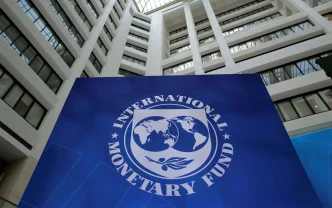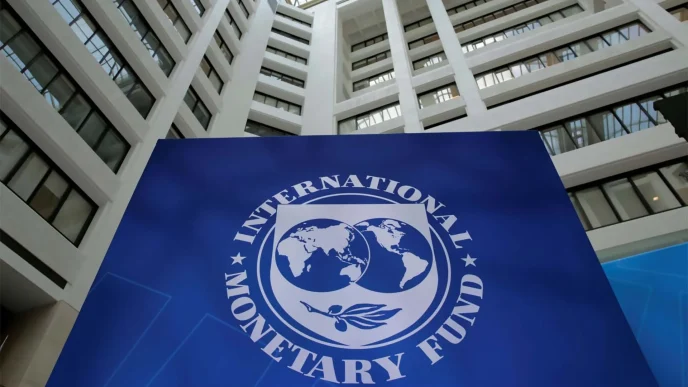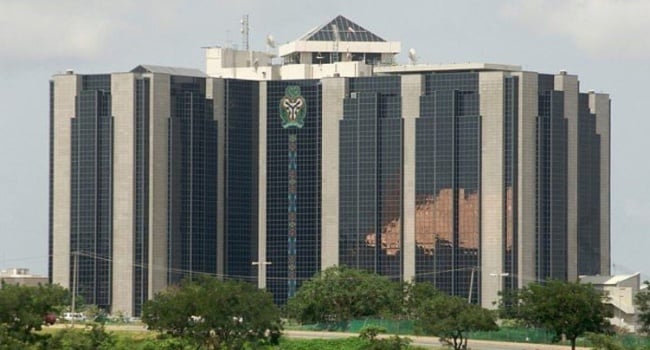The Centre for the Promotion of Private Enterprise (CPPE) has commended the sustained moderation in Nigeria’s inflation rate, describing it as a sign of improving macroeconomic stability and the impact of recent policy measures.
The National Bureau of Statistics (NBS) had announced that the country’s headline inflation eased to 18.02 percent in September 2025 — down from 20.12 percent in August, marking a continued disinflation trend that began earlier in the year.
The bureau said food inflation also fell sharply to 16.87 percent from 21.87 percent, while core inflation moderated to 19.53 percent from 20.33 percent.
Reacting to the disinflation trend in a statement on Wednesday, Muda Yusuf, the chief executive officer of the CPPE, said the development reflects growing policy traction in monetary, fiscal, and exchange rate management.
Advertisement
“This disinflation trajectory is commendable. It suggests that inflationary pressures are gradually subsiding and that recent policy measures are beginning to yield results,” Yusuf said.
“However, inflation levels remain high and continue to erode household purchasing power, undermine consumer confidence, and weaken real incomes.
“The gains achieved so far must therefore be consolidated through decisive and well-targeted policy actions.”
Advertisement
Yusuf attributed the inflation slowdown to a mix of structural and policy factors, including the harvest season, exchange rate stability, base effects, and improved macroeconomic coordination between fiscal and monetary authorities.
He added that the naira’s “relative stability” with mild appreciation in recent months, helped moderate imported inflation, while improved agricultural output during the harvest season boosted food supply.
The CPPE chief, however, warned that inflationary pressures persist in key sectors such as food, transport, energy, and utilities, “which together account for nearly 90 percent of household expenditure”.
The think tank identified insecurity in farming areas, high logistics costs, and energy inefficiency as major obstacles to deeper disinflation.
Advertisement
“High fuel prices, poor road infrastructure, and multiple levies across states inflate distribution costs,” Yusuf said.
“In the same vein, unreliable electricity supply and rising education and healthcare costs continue to strain household welfare.”
To sustain the downward inflation trend, he called for a shift from short-term stabilisation policies to cost-reduction and productivity-driven reforms.
“Strengthening security in farming communities to improve food production. Investing in irrigation, storage, and mechanisation to ensure food supply stability,” he said.
Advertisement
“Rehabilitating transport corridors and reducing checkpoints to lower logistics costs. Promoting renewable and off-grid energy investments for productive sectors.
“Expanding affordable financing through development banks and credit guarantees.
Advertisement
“Reforming port and trade logistics to reduce bottlenecks and informal charges and sustaining exchange rate stability through credible, market-based mechanisms.
‘FROM STABILITY, PRIORITISE WELFARE’
Advertisement
While acknowledging the policies’ success in moderating inflation, Yusuf stressed that the cost of living crisis remains severe, particularly for low- and middle-income households.
“The next phase of reform must prioritise welfare-focused and cost-reduction measures that deliver tangible relief to citizens,” the economist said.
Advertisement
“Business confidence is improving, but consumer confidence remains fragile. Sustaining disinflation requires structural reforms that lower the cost of production and enhance productivity.”
The CPPE expressed optimism that with consistent policy coordination and reforms, Nigeria could achieve single-digit inflation over the medium term, “anchoring growth, improving welfare, and restoring confidence in the economy”.










